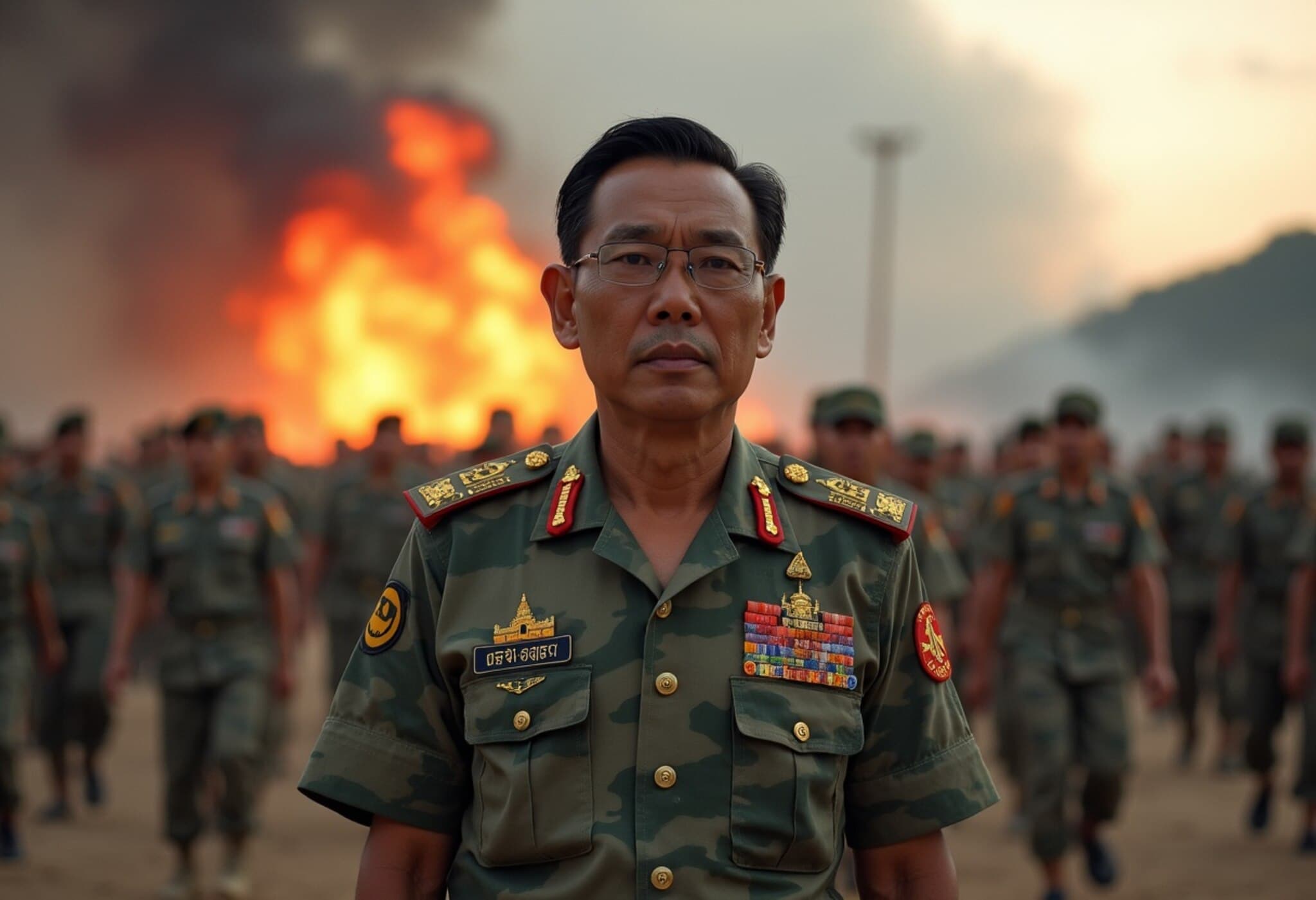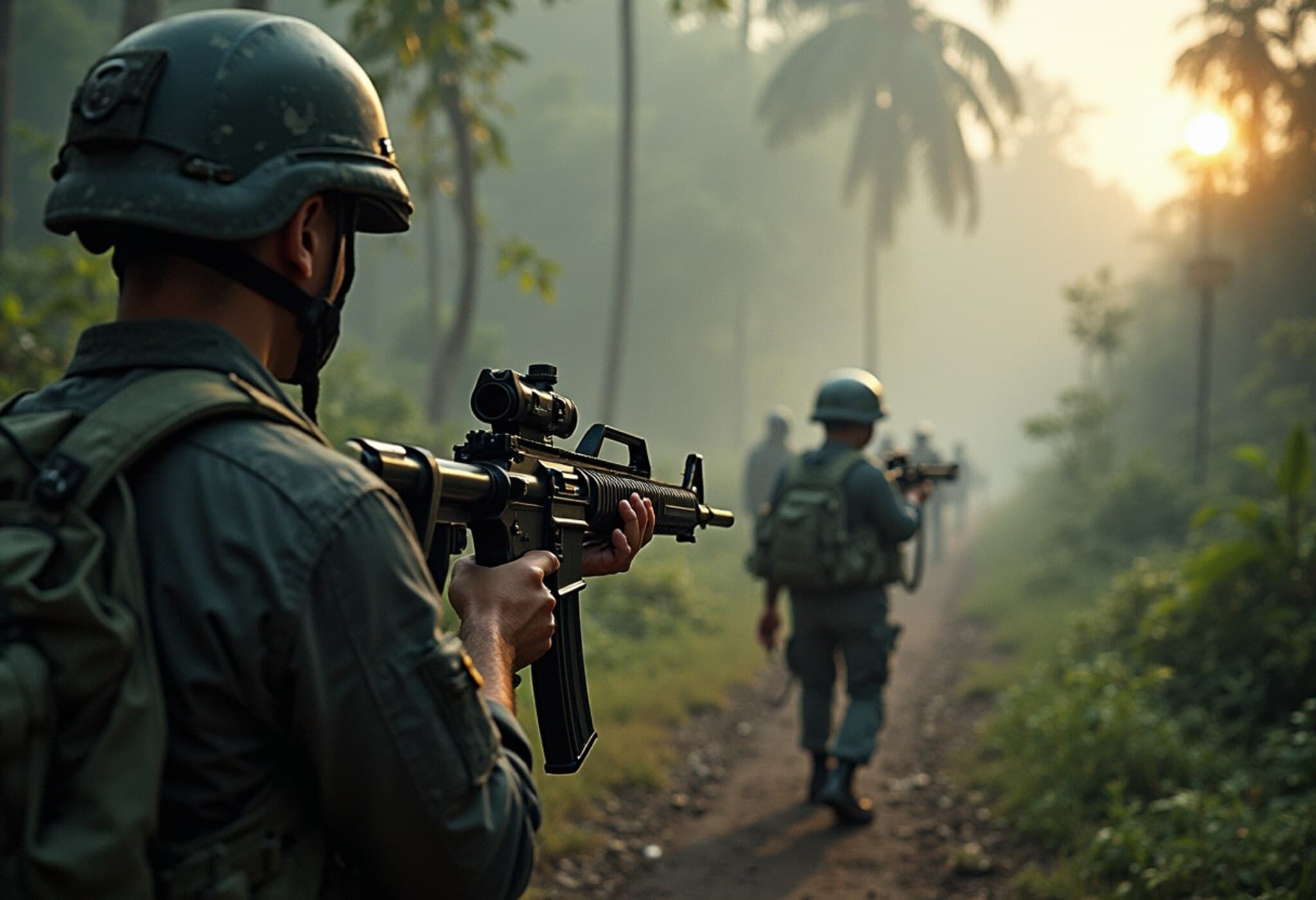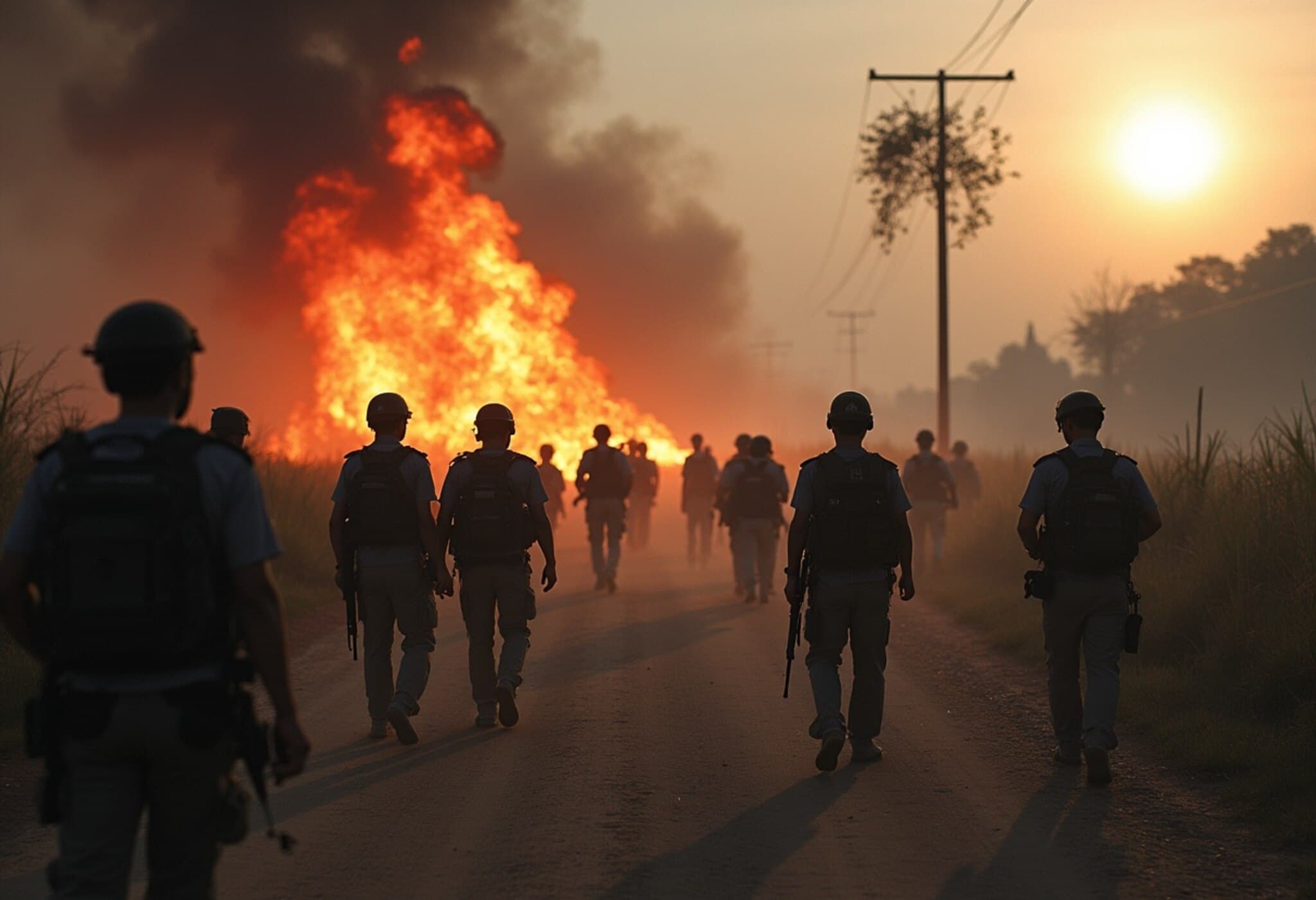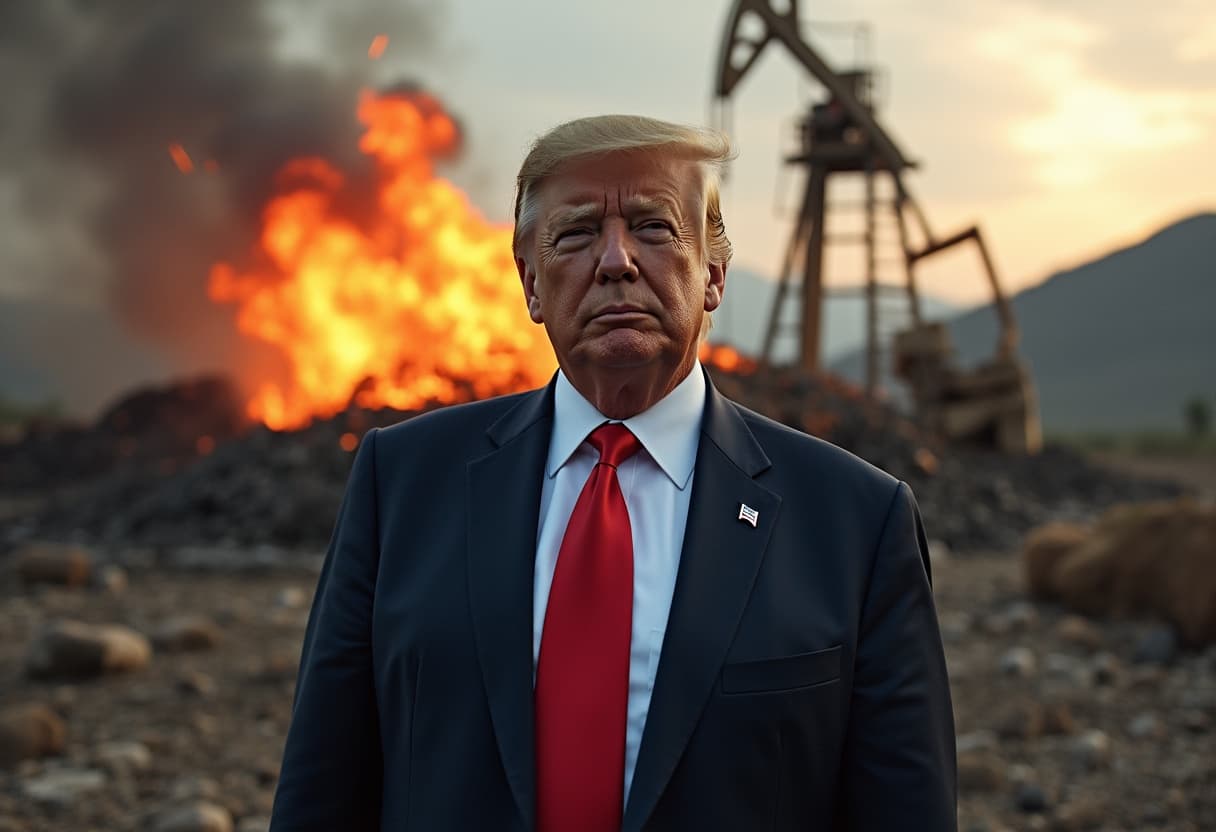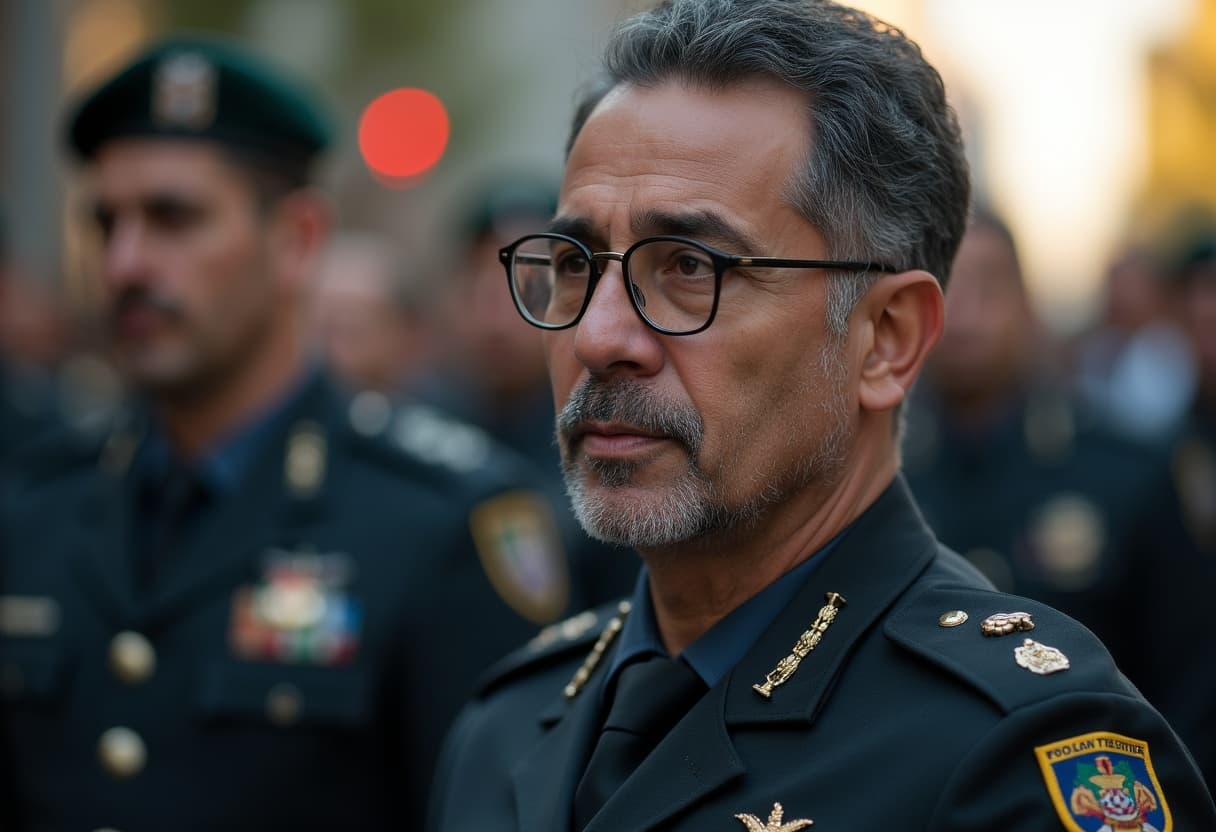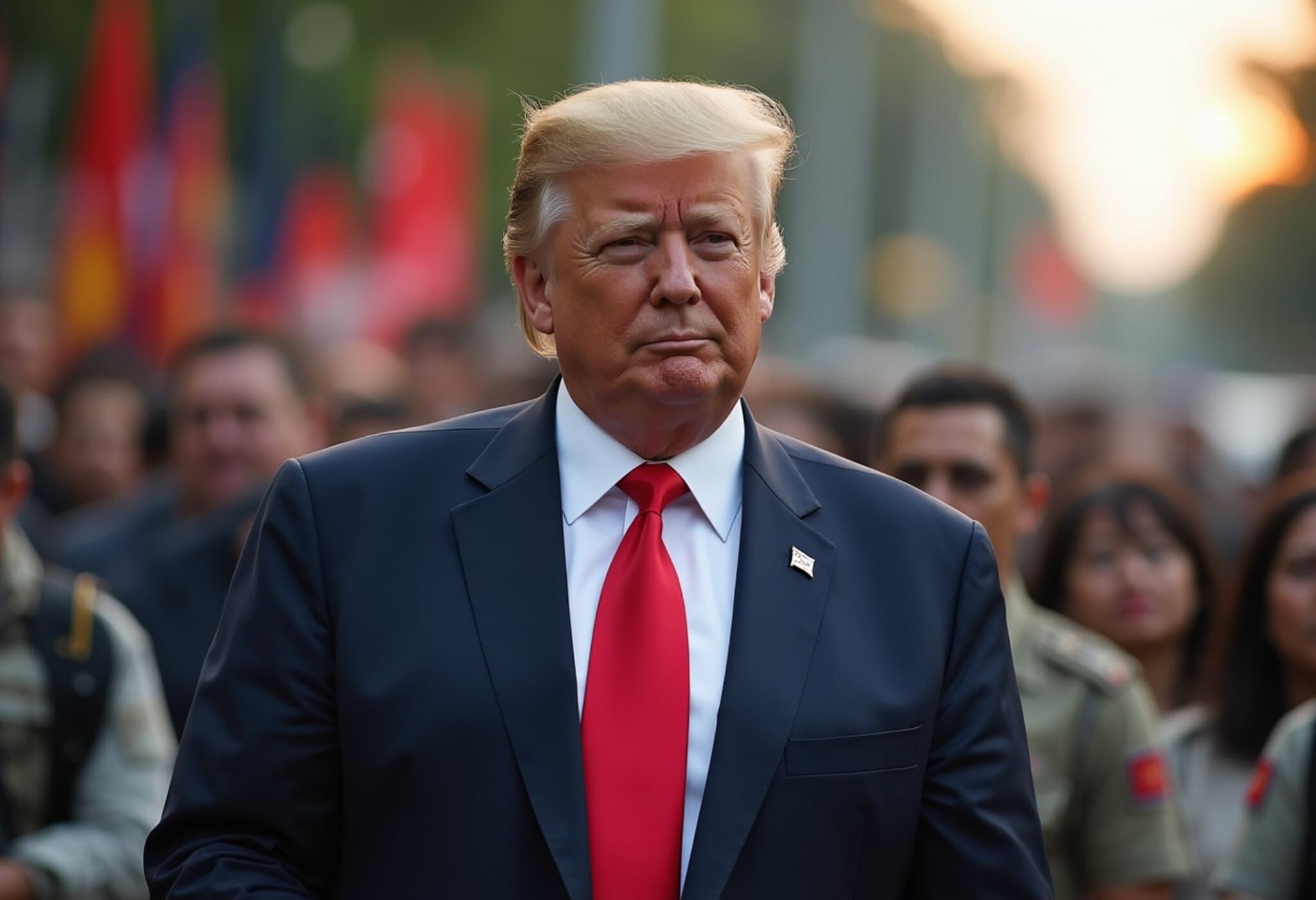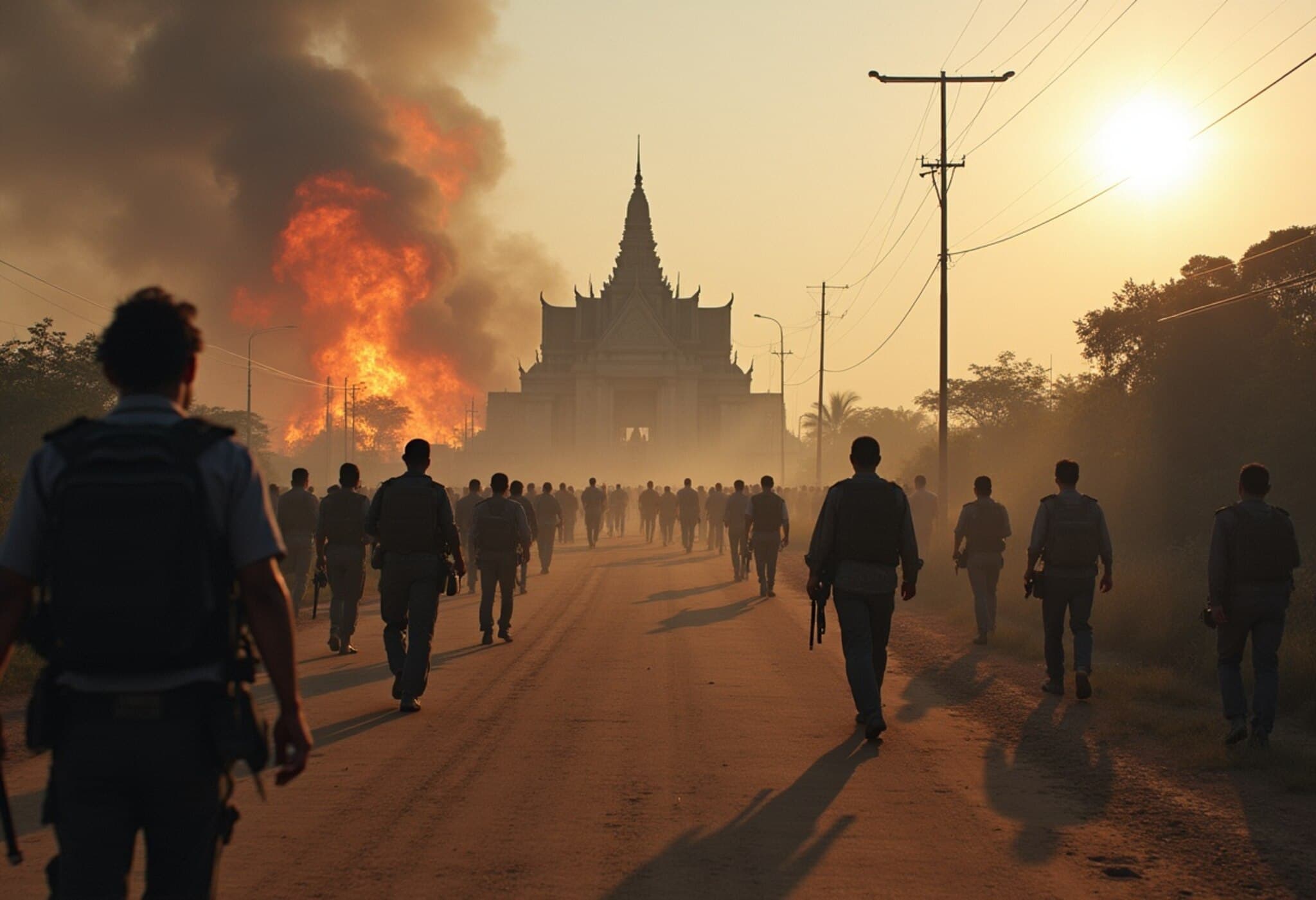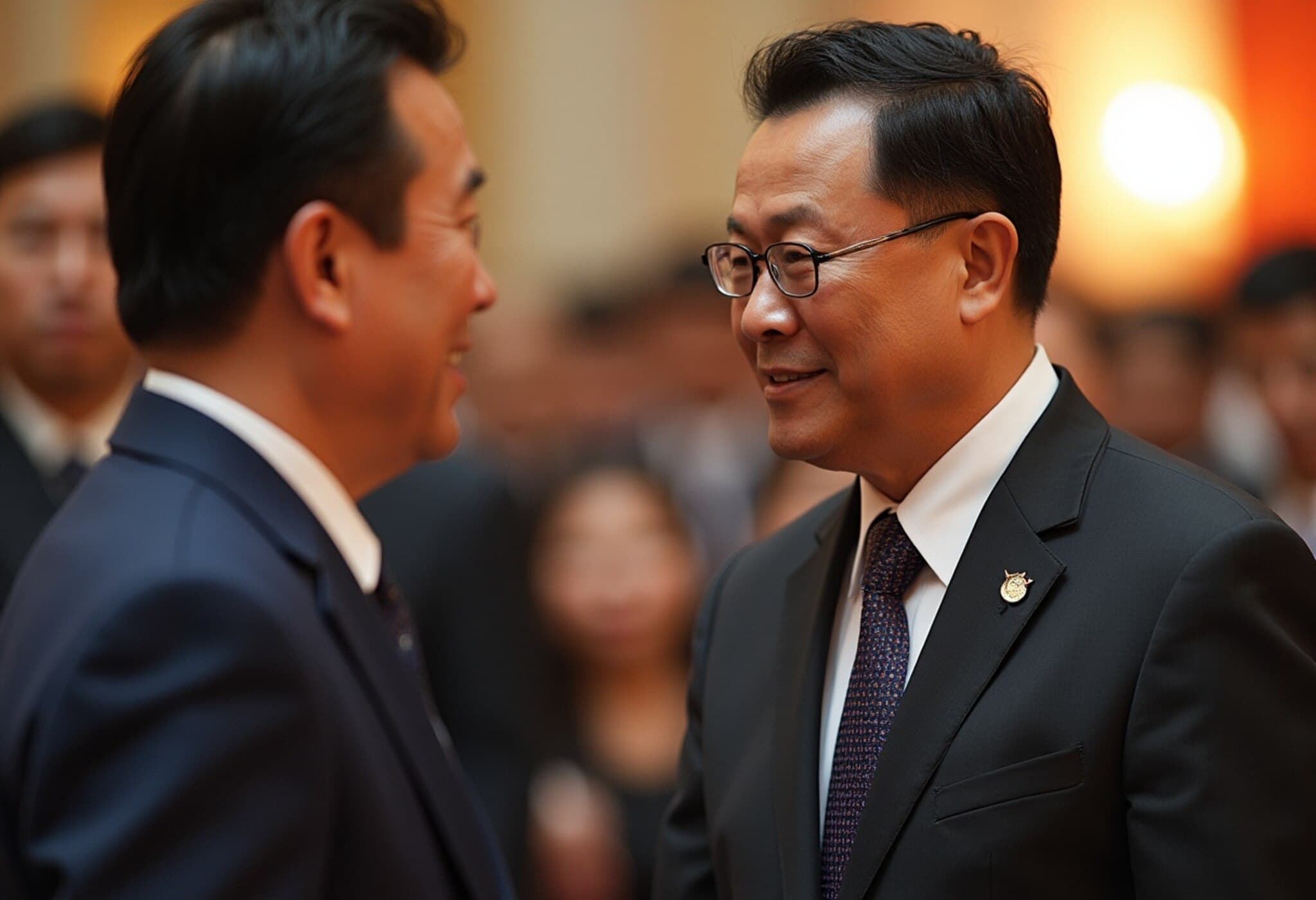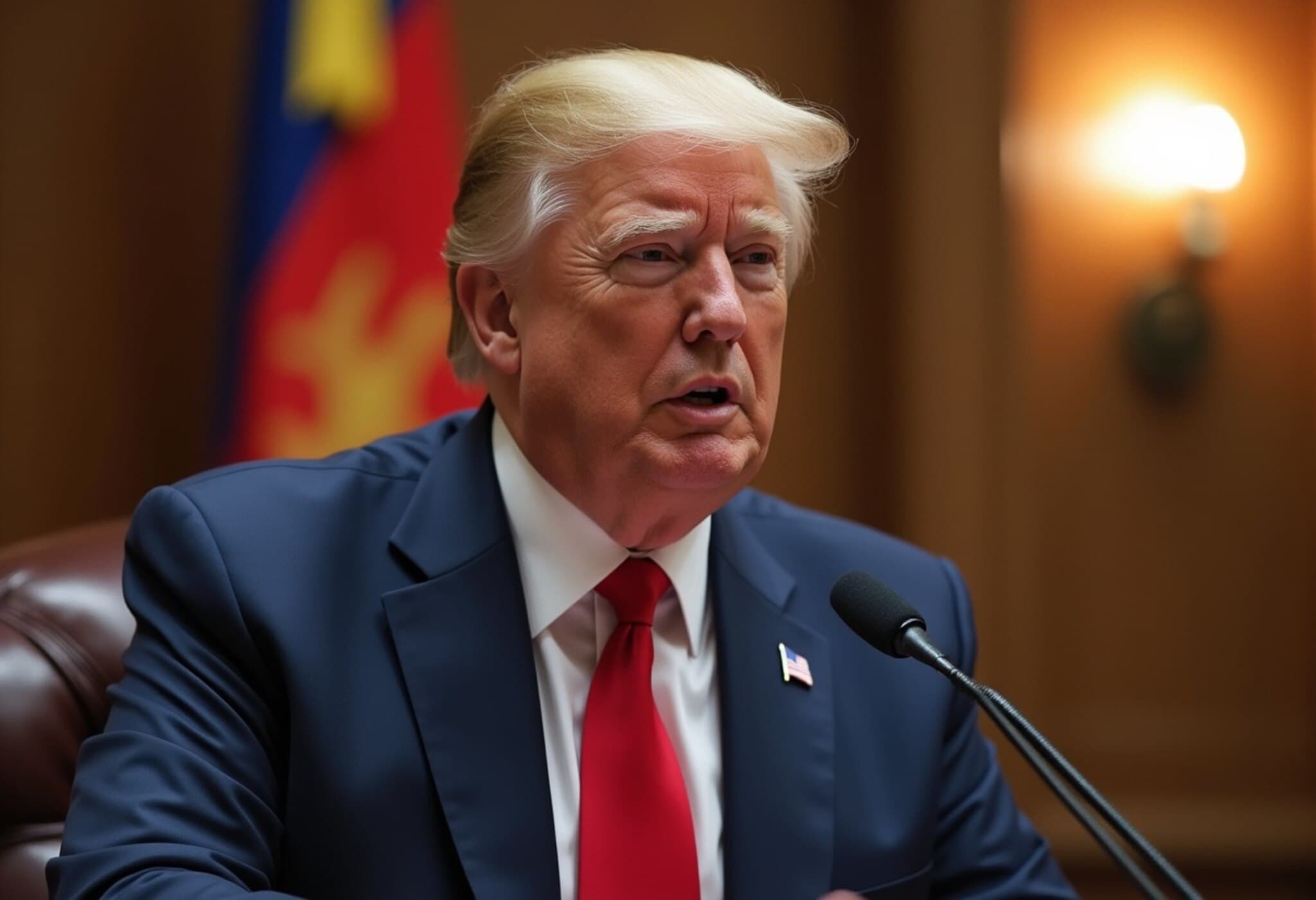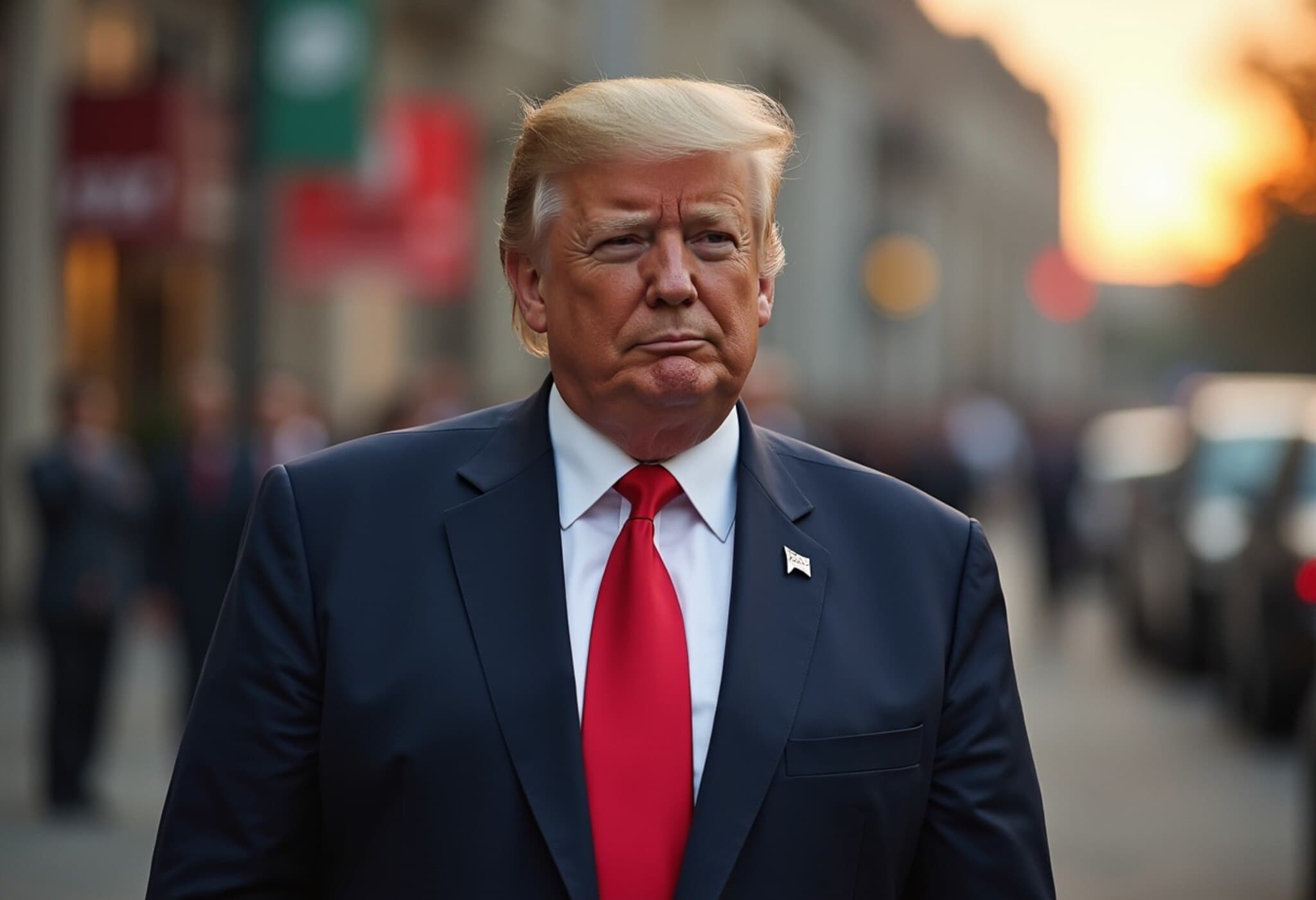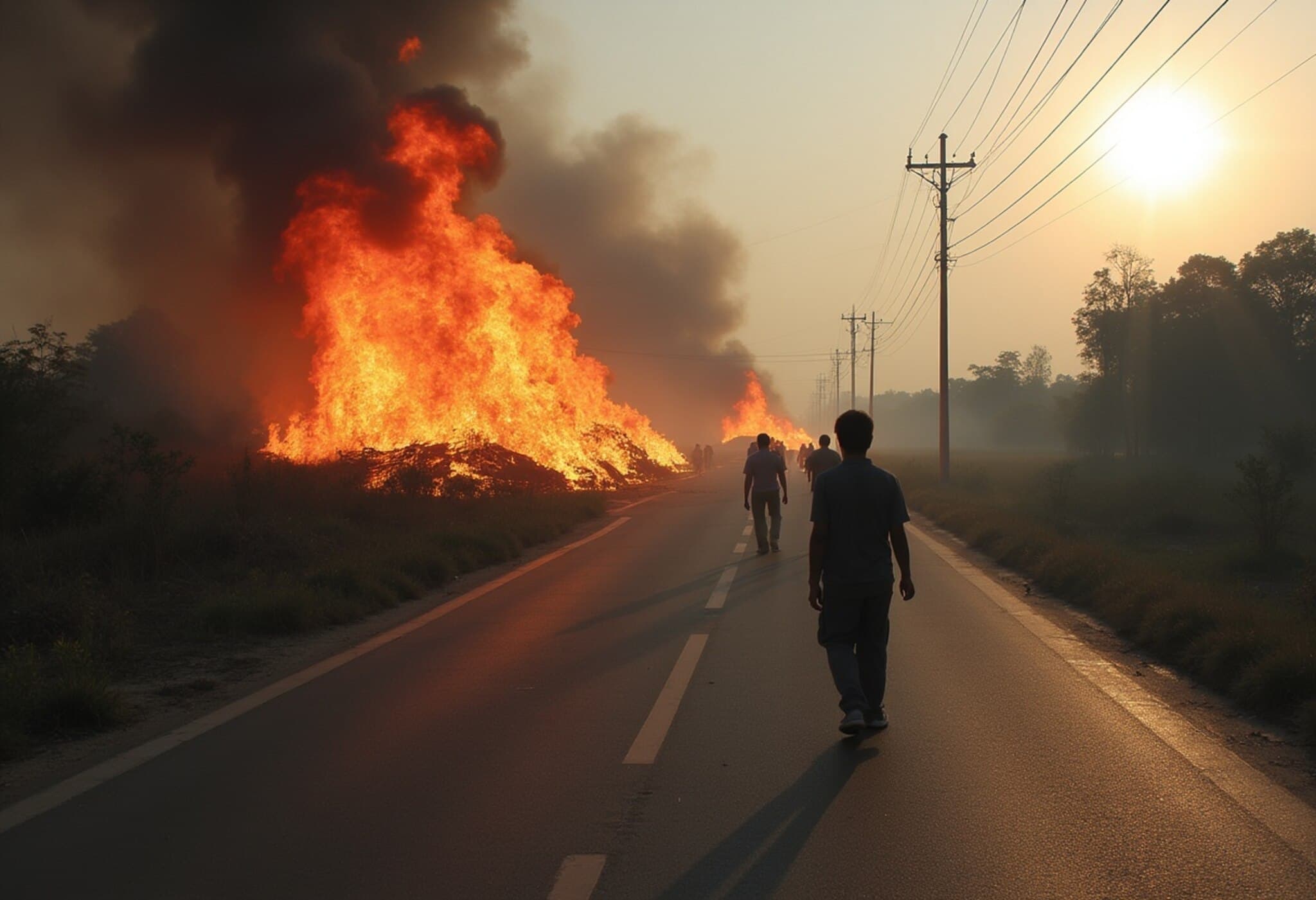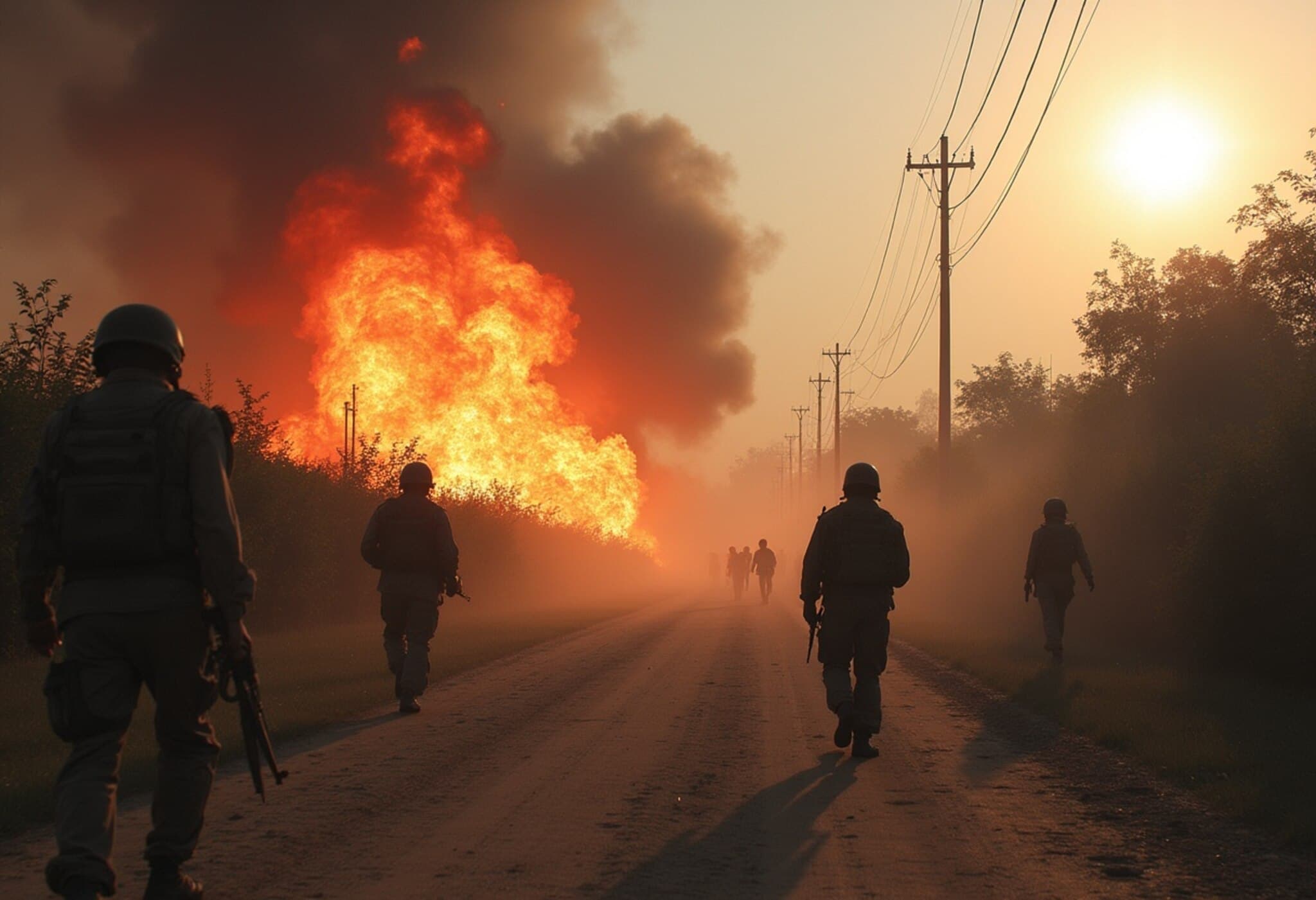Cambodia-Thailand Border Clashes Escalate Amid Controversial Military Map Leak
In a surprising digital blunder amid already heightened tensions, Cambodia's Senate President Hun Sen inadvertently exposed detailed military operational maps on Facebook. The post, which was rapidly deleted, has ignited further controversy in the escalating clash between Cambodia and Thailand along their shared border.
Background: A Volatile Border Conflict
Recent days have witnessed sharp hostilities between Cambodian and Thai forces, characterized by missile exchanges, rocket fire, and ground skirmishes. The violence intensified after Cambodia allegedly launched rocket attacks that killed Thai civilians, prompting retaliatory strikes from Thailand in the early hours of July 24, 2025.
Hun Sen, a political figure with deep roots and influence in Cambodia — he served as prime minister from 1985 until 2023 before handing the reins to his son, Prime Minister Hun Manet — retains significant control as head of the Senate and leader of the Cambodian People's Party (CPP). His close involvement in the recent conflict positions him as a pivotal player in the unfolding regional drama.
The Facebook Post: A Misstep With Strategic Consequences
On July 24th, Hun Sen shared images on his Facebook page that appeared to include sensitive military operational maps outlining troop positions and movements. Analysts and open-source intelligence enthusiasts quickly captured and circulated these images after the original post was taken down within a short window.
"It looks like Hun Sen, the President of Cambodia, posted these photos, including operational maps, to his Facebook page and then almost immediately deleted the picture with the maps," tweeted Nathan Ruser, a noted open-source intelligence expert.
Expert Insight: Implications for Regional Security
Journalist and geopolitical analyst Thomas van Linge described the leaked images as "very compromising". He argued that the detailed maps provide compelling evidence that these border skirmishes were part of a deliberate and planned Cambodian offensive. Van Linge further characterized Hun Sen as the "architect" behind the recent upheaval, highlighting a pattern of provocations, including a previous incident where Hun Sen publicly leaked a private phone call with the Thai Prime Minister, heightening bilateral tensions.
Contextualizing the Conflict
The Cambodia-Thailand border dispute is not a sudden flare-up but rather part of a long-standing territorial disagreement exacerbated by nationalistic rhetoric and political maneuvering. Analysts observe:
- Targeting of Thai Civilians: Cambodia reportedly conducted attacks in multiple locations within Thailand, intensifying the humanitarian toll and complicating diplomatic efforts.
- Domestic Political Calculations: Hun Sen's aggressive posture may be partly motivated by internal political dynamics, seeking to assert authority and rally nationalist support amid his son’s new prime ministerial tenure.
- Challenges to De-escalation: Attempts by Thailand to cool tensions were undermined by provocative acts attributed to Cambodian leadership, raising questions about the prospects of a negotiated resolution.
What This Means for Southeast Asia
The inadvertent public release of operational maps highlights the increasingly digital dimension of modern conflicts. Beyond the immediate military implications, such leaks provide foreign governments, intelligence agencies, and non-state actors insights into strategic deployments, likely impacting regional security calculations.
For the United States and other Western stakeholders invested in Southeast Asian stability, this clash and its unwitting exposure of sensitive information underscore the complexities of intelligence, diplomacy, and media management during conflicts.
Looking Ahead: Key Questions
- Will this digital mishap constrain Cambodia’s military options by revealing tactical details?
- How will Thailand respond to both the border attacks and the public exposure of Cambodian military plans?
- Could international mediation gain traction to prevent further civilian casualties?
- What role will ASEAN and global powers play in de-escalating tensions and fostering long-term peace?
Editor's Note
The inadvertent publication and rapid deletion of sensitive military maps by Cambodia’s Senate President Hun Sen amid ongoing hostilities with Thailand offer a stark reminder of how modern warfare extends beyond physical battlegrounds to the digital realm. This incident raises critical questions about operational security, the interplay of political agendas, and the fragile balance in Southeast Asia’s geopolitical landscape. As tensions simmer, the international community must watch closely — seeking pathways to peace that respect sovereignty while protecting civilian lives.

